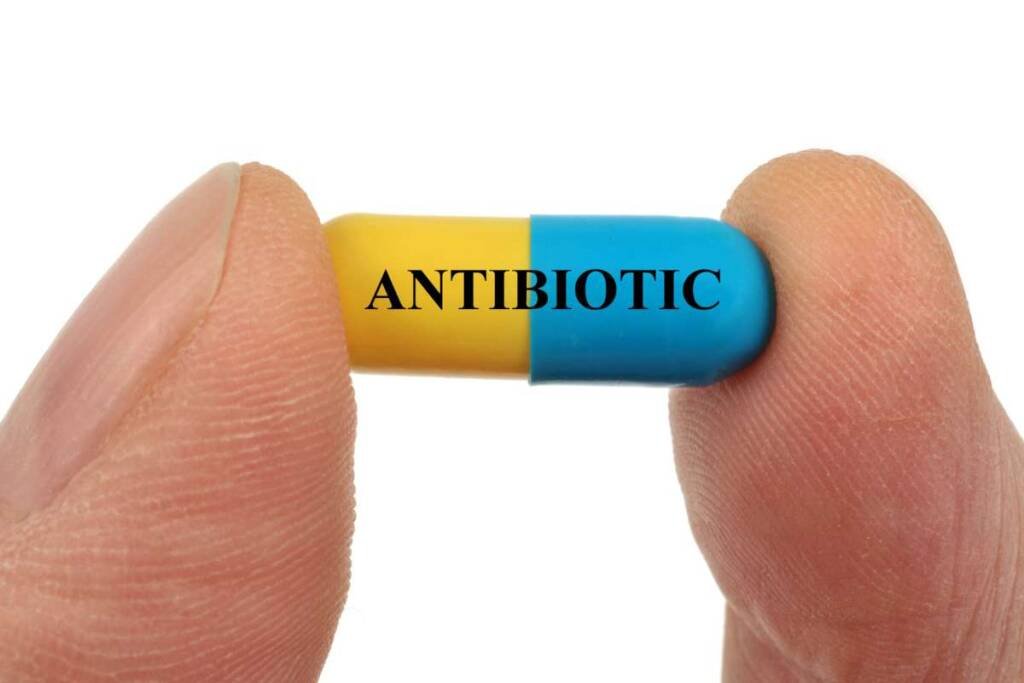Proposals are underway to double the yearly subscription payments made by NHS England to developers of innovative antibiotics from £10 million to £20 million in certain cases. The aim of expanding the scope of the ‘Netflix-like’ pilot scheme is to encourage pharmaceutical companies to re-engage in antimicrobial research and development (R&D) and address the urgent issue of antimicrobial resistance (AMR).
Under the current scheme, the NHS pays a fixed annual fee to access specific antibiotics, regardless of the actual amount of medicine used for patient treatment. By decoupling payment from usage, it is hoped that pharmaceutical companies, which have largely withdrawn from antimicrobial R&D, will be incentivized to enter the field and contribute to the development of new drugs.
The proposal to increase the top payment rate to £20 million would apply to new drugs that offer “outstanding clinically based criteria” and “exceptional value to patients and taxpayers,” said NHS England.
NHS England has proposed increasing the top payment rate to £20 million for new drugs that meet specific criteria, including outstanding clinical benefits and exceptional value to patients and taxpayers. The criteria have been developed by the health technology assessment (HTA) agency NICE, based on the experience gained during the pilot program. The consultation will also consider the inclusion of new products, with a focus on drugs that target pathogens on the World Health Organization (WHO) priority list.
A report by the Biotechnology Innovation Organization (BIO) revealed the inadequacy of the current antibacterial pipeline, as major pharmaceutical companies have significantly reduced their involvement in the field. The market for antibiotics is considered broken, with new agents typically reserved for use as a last resort when older drugs prove ineffective. As a result, revenues generated from these drugs are limited, making it challenging for smaller biopharmaceutical companies to establish financially viable businesses in this area.
Commenting on the development, the chief executive of the Association of the British Pharmaceutical Industry (ABPI), Richard Torbett, said: “The UK is leading this fight by developing a pragmatic new approach to help secure the antibiotics the world needs.”
The UK remains at the forefront of the subscription payment model, but other countries are also showing signs of interest. In the United States, the Pioneering Antimicrobial Subscriptions to End Upsurging Resistance (PASTEUR) Act, reintroduced in April, proposes a similar approach if enacted.





























